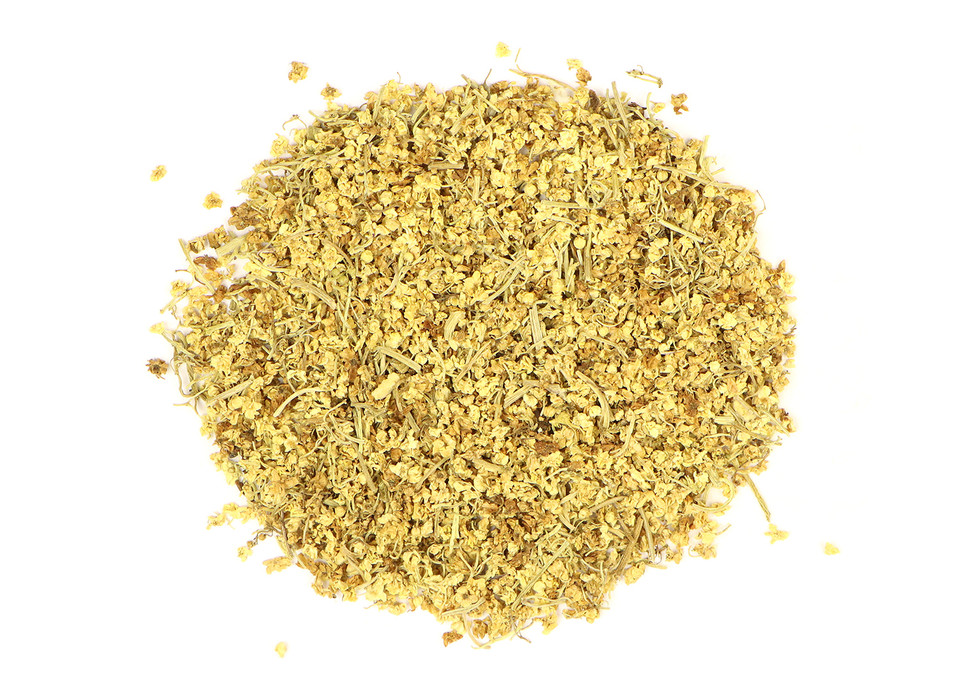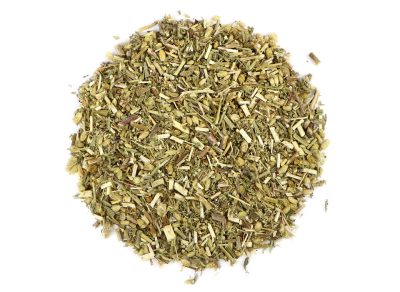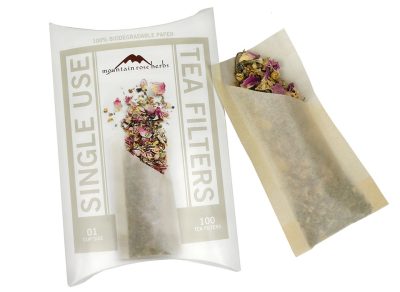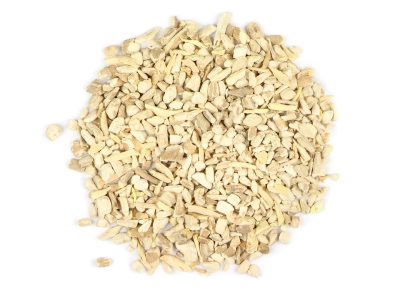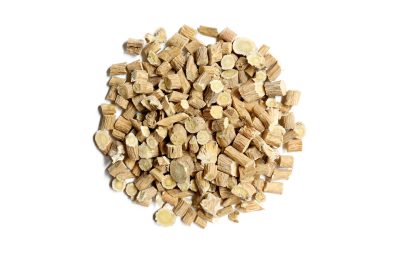While we work to ensure that product information is correct, on occasion manufacturers may alter their ingredient lists. Actual product packaging and materials may contain more and/or different information than that shown on our Web site. We recommend that you do not solely rely on the information presented and that you always read labels, warnings, and directions before using or consuming a product. For additional information about a product, please contact the manufacturer. Content on this site is for reference purposes and is not intended to substitute for advice given by a physician, pharmacist, or other licensed health-care professional. You should not use this information as self-diagnosis or for treating a health problem or disease. Contact your health-care provider immediately if you suspect that you have a medical problem. Information and statements regarding dietary supplements have not been evaluated by the Food and Drug Administration and are not intended to diagnose, treat, cure, or prevent any disease or health condition. PhysioFormulas, LLC DBA Your Healing Store assumes no liability for inaccuracies or misstatements about products.
Elder Flowers
$15.75
In stock
Description
Elder is a flowering perennial shrub with a long history of use ranging from its healthful properties to using the hollowed stems, resembling a pipe, for blowing up a fire. Sambucus nigra & S. ebulus flowers are a pure diaphoretic and are most commonly infused as elder flower tea or included in herbal infusion blends. Elder flowers have historically been infused into ales, cordials, vinegars, and water. Cosmetic recipes have also been known to include elderflower as an ingredient.
Elder is a plant native to most of Europe, North America, and southwest Asia. Its flowers and berries have a long history of use in traditional European medicine. Elder berries have also been used for making preserves, wines, winter cordials, and for adding flavor and color to other wines. Most commonly, the flowers or berries of elder are employed for their healthful benefits. The dried fruits are less bitter than the fresh. Although the branches and leaves are poisonous, the small stem which is sometimes left on the berry is safe. Elder used to be a member of the Caprifoliaceae family, was moved into the Adoxaceae family, and
was most recently classified in the Viburnaceae family. Elder berries support immune health.*
